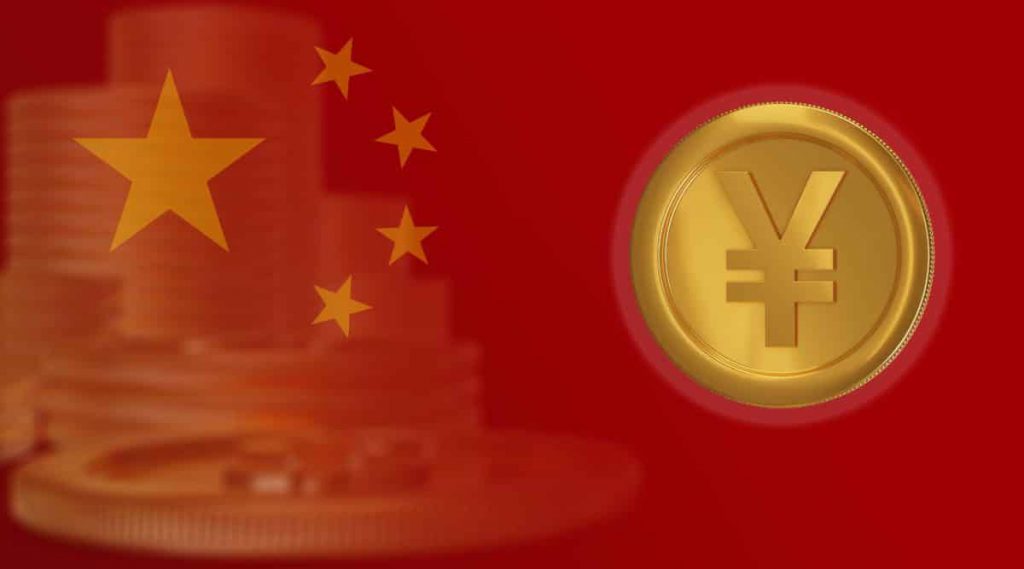
Meituan Plans to Popularize the Country’s Digital Currency
Recently, Meituan made an interesting decision. The Chinese food delivery and local services giant expanded the way that the country’s digital yuan can be used on its platform to make purchases.
Meituan’s decision shows that tech companies are willing to promote China’s digital fiat currency. The People’s Bank of China wants to make the digital yuan more popular among citizens. The central bank began working on digital currency in 2014. The purpose of the digital yuan is to replace cash and coins in circulation. Nevertheless, it is not a cryptocurrency such as bitcoin and it works differently.
Meituan and other companies
Let’s get back to Meituan’s decision. People have the ability to download the digital yuan, or e-CNY app, and link it to their Meituan app. From then on, users can use the digital yuan to pay for everything from movie tickets to taxis and hotels.
The company had more than 660 million transacting users who used its services in the 12 months that ended on September 30. Meituan is one of the country’s food delivery giants. Still, the company also allows consumers to access lots of different offline services such as booking hotels.
It is the latest in line with tech companies to help promote the country’s digital currency.
This month, Tencent began supporting the digital yuan in its massively popular WeChat messaging and payments app. Besides, online retailer JD.com said this month it would begin facilitating third-party merchants that sell on its platform to start accepting the digital yuan.
By the end of 2021, the number of individual digital yuan users rose to 261 million. Nonetheless, transaction volumes, as well as users, are still significantly lower than the two dominant mobile payment platforms in China. In fact, experts questioned the incentives for people to sign up to use the digital currency versus two dominant apps WeChat Pay and Alipay.
People who access the digital currency via Meituan will receive some subsidies to spend, a move that could help incentivize the adoption of the digital yuan.


